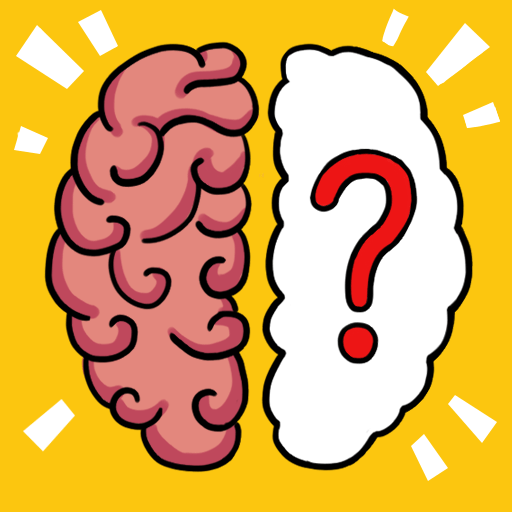Does your IQ determine how "smart" you are?
- Samiha Ahsan
- Oct 6, 2022
- 2 min read

IQ tests have been around for countless years, claiming to identify and measure a range of abilities and ultimately display a person's intelligence. Because of these attributes, IQ tests are often administered for acceptance in specific educational or institutional programs, certain job applications or even just to prove to someone how intelligent one is. Although it has many purposes, are IQ tests necessarily accurate and do they really test a full range of abilities? Well, IQ tests, unfortunately, have their flaws making it impossible to give someone an accurate picture of how intelligent one truly is, leaving out a lot of important factors and often being misinterpreted.
According to Steven Piantadosi, A cognitive scientist located at the University of California, IQ tests often don't take context into account. These tests can often be impacted and are sensitive to motivation and when coached. Often times when someone takes the test, there are various levels of motivation, some trying extremely hard, while others just skimming through. Because an IQ test can't predict that unfortunately, it can be off on many occasions. The same applies to people who have received coaching for IQ tests, usually done when trying to get accepted into certain institutions, really skewing one's realistic intelligence.
In terms of abilities that IQ tests don't test for, they often disregard Emotional intelligence (EQ), which is just as important as IQ. Emotional intelligence takes self-management and relationship management into account, something that is often very valuable in the workplace and day-to-day interactions. Considering how EQ tests aren't used and IQ tests are used in deciding acceptance into certain institutions and jobs, a very important aspect that determines the overall intelligence of someone is overlooked despite yielding valuable skills from a high EQ.
Unfortunately, these tests have been found to be very biased as well, and often used as a way of undermining other communities due to misinterpretation. Through the formation of certain questions and how certain people may not have access to the same resources others do, the tests are often against minority groups, specifically the Black and Hispanic communities. Because of this bias, many minority students are excluded from gifted education programs, giving other groups an unfair advantage.
Ultimately, IQ tests are not a sheerly accurate way to determine intelligence, excluding major aspects, context and giving an unfair advantage to certain people relative to others.
Sources:




Comments